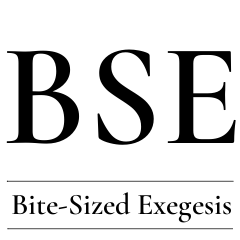The Sabbath by Abraham Joshua Heschel (1951) is a classic of modern Jewish spirituality that has a lot to say as a dialogue partner for Christians wishing to explore what Sabbath observation might mean for them. At the heart of Heschel’s view of the Sabbath is a dichotomy in human life between space and time. Whereas humans in their empire building focus all of their energy on conquering the spatial dimensions by building monuments, sanctifying spaces, and rushing to and fro in search of material prosperity, the Sabbath Day is a palace or a cathedral in time.
Category Archives: Theologians
Wars and Rumors of Wars – Karl Barth’s August 2, 1914 Sermon
Karl Barth’s sermon from August 2, 1914, encourages his listeners to have confidence in God and God alone in the face of the coming war. The 19th century liberal idea of human progress had been proven to be a faulty foundation for hope. Instead, one’s hope must come via a relationship with God through Jesus Christ.
Seated in the Heavenlies – Karl Barth’s July 26, 1914 Sermon
Karl Barth’s sermon from July 26, 1914 (just days after Austria-Hungary’s ultimatum to Serbia and just days before World War I finally erupted), is a reflection on the seeming incongruence of Ephesians 2:4-7 – and especially the idea that God has set us in the heavenly realm with Jesus – with the fearful turbulence of the times.
